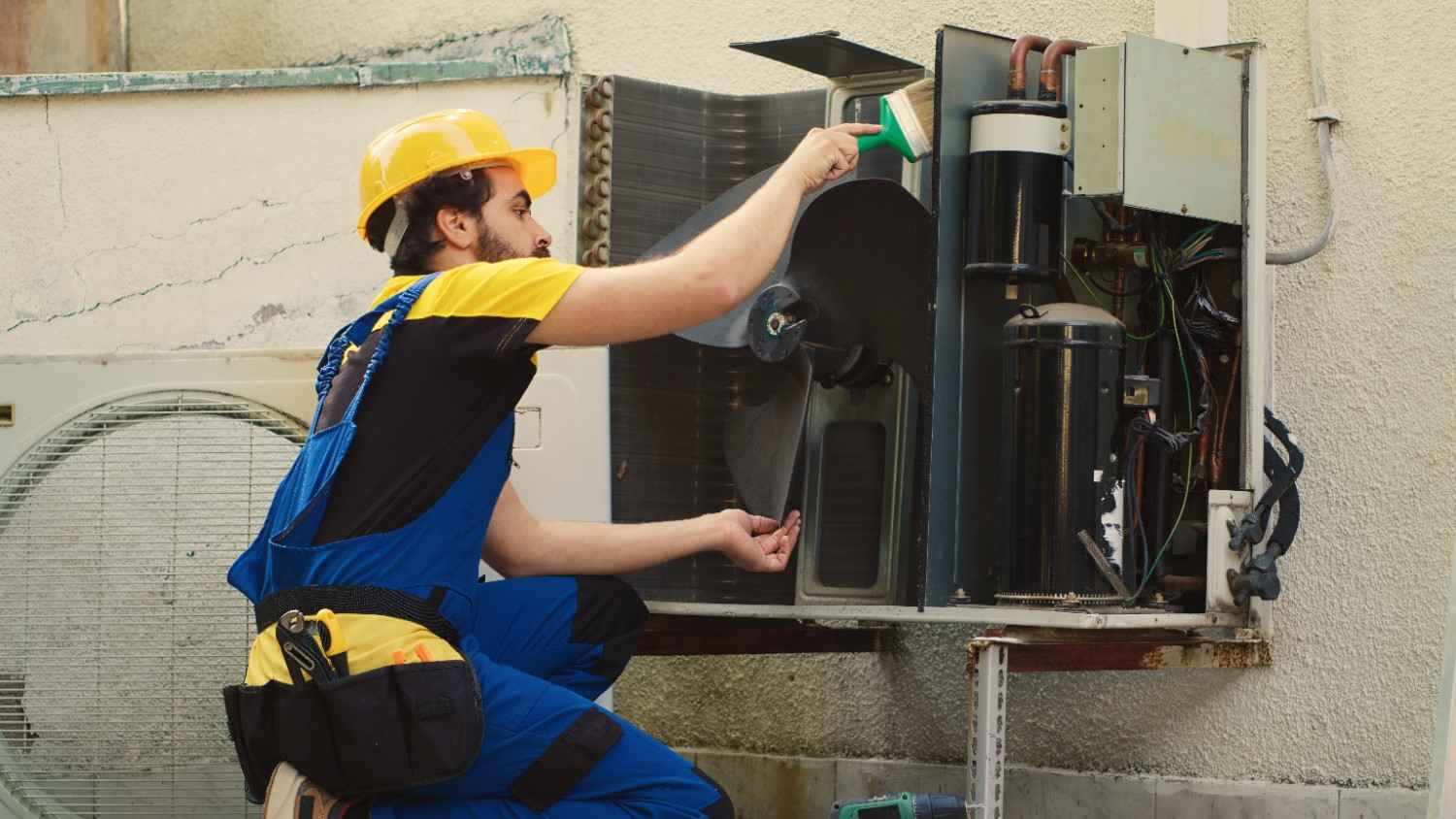
Maintaining an efficient HVAC system is essential for energy savings, indoor comfort, and equipment longevity. One crucial yet often overlooked part of HVAC care is cleaning the coils. Dirty coils reduce efficiency, drive up energy bills, and put unnecessary strain on the system. This is why using the right coil cleaner can make all the difference in performance and maintenance costs.
Why Coil Cleaning Is So Important
The evaporator and condenser coils in your HVAC system are responsible for heat exchange. Over time, these coils collect dust, dirt, pollen, grease, and even mold. When buildup accumulates, airflow is restricted, making it harder for the system to transfer heat effectively.
This leads to several issues, including:
Higher energy consumption
Reduced cooling and heating efficiency
Poor indoor air quality
Increased strain on HVAC components
Shortened system lifespan
According to the U.S. Department of Energy, dirty coils can increase energy use by up to 30%. That’s why regular cleaning is more than a maintenance task—it’s a cost-saving strategy.
Types of Coil Cleaners Available
Not all coil cleaner products are the same. The best option depends on the type of coil, the amount of dirt, and the setting where the HVAC system operates.
1. Foaming Coil Cleaners
Foaming cleaners expand when applied, loosening dirt and debris. They’re ideal for heavily soiled coils and work well in commercial settings where contaminants build up quickly.
2. Non-Acid Coil Cleaners
These are designed for routine cleaning and are safer for both the environment and coil surfaces. Non-acid cleaners are especially useful for aluminum and copper coils.
3. Acid-Based Coil Cleaners
Strong acid cleaners are effective on stubborn grime and grease but must be used with caution. They are generally reserved for industrial or heavily contaminated coils.
4. Self-Rinsing Coil Cleaners
Perfect for hard-to-reach areas, self-rinsing cleaners work with condensation to wash away loosened debris without the need for additional water.
How Often Should You Clean Coils?
The frequency of cleaning depends on usage and environment. For example:
Residential HVAC systems may need coil cleaning once a year.
Commercial buildings often require more frequent service due to higher system demand and pollutants.
Industrial facilities may need quarterly cleaning, especially in dusty or greasy environments.
Routine inspection helps determine the best schedule, ensuring coils stay in top condition.
Benefits of Regular Coil Cleaning
Keeping coils clean offers a wide range of advantages for both homes and businesses:
Lower energy costs due to improved system efficiency
Fewer breakdowns and reduced need for costly repairs
Extended HVAC lifespan, saving money in the long run
Healthier indoor air, free from mold and debris buildup
Consistent comfort, with better cooling and heating performance
Professional vs. DIY Coil Cleaning
While DIY cleaning with over-the-counter coil cleaner products may be tempting, professional services often deliver better results. HVAC technicians use specialized tools and solutions designed to clean thoroughly without damaging the coils. They also inspect for signs of wear, leaks, or other issues that may affect system performance.
Final Thoughts
Coil cleaning should never be overlooked when it comes to HVAC maintenance. Using the right coil cleaner keeps your system running efficiently, improves air quality, and helps avoid costly repairs. Whether you’re managing a residential unit or a large commercial system, scheduling regular coil cleaning is one of the smartest investments you can make for long-term savings and comfort.
Write a comment ...